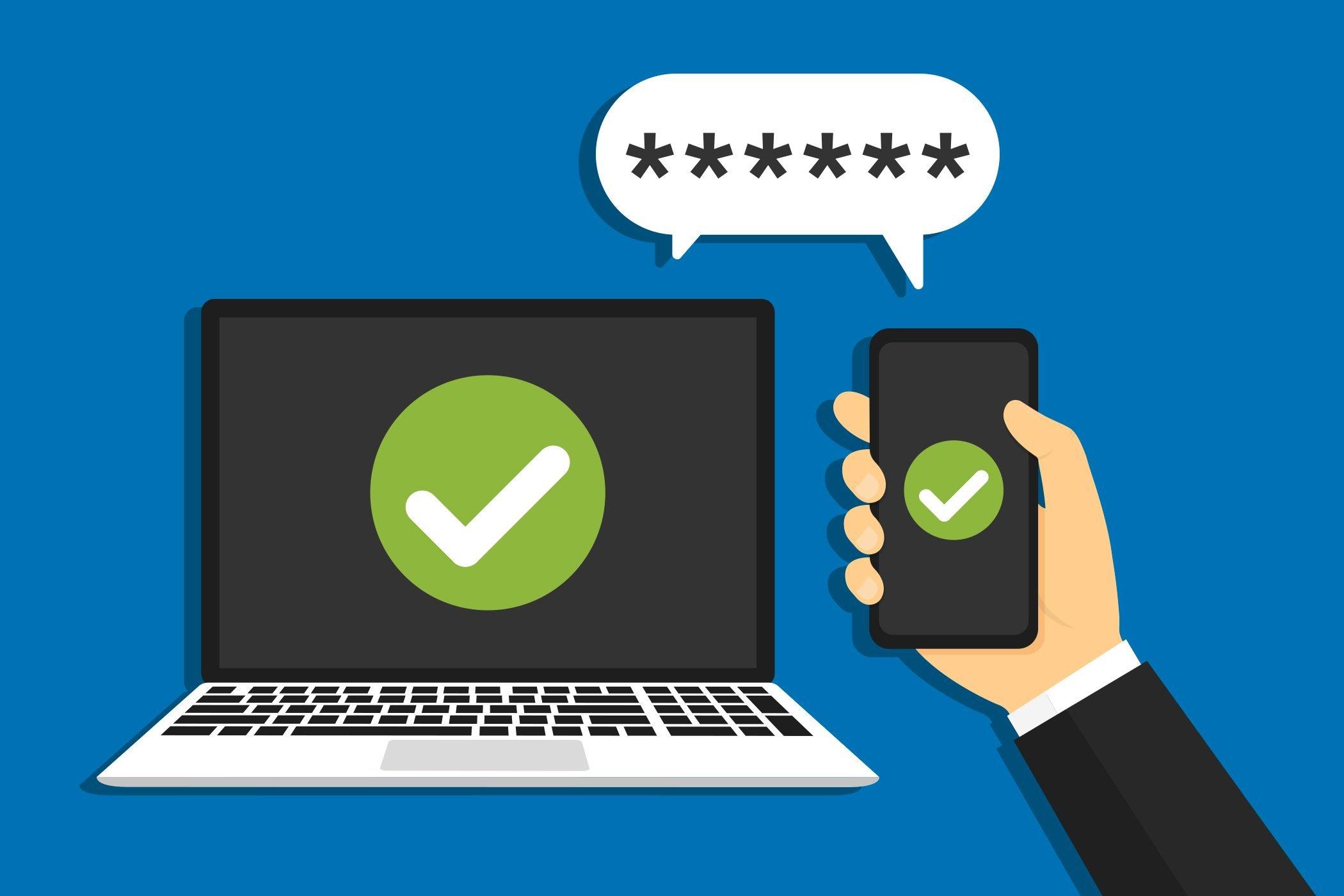-
Fil d’actualités
- EXPLORER
-
Pages
-
Groupes
-
Evènements
-
Blogs
-
Offres
-
Emplois
-
Courses
Navigating the Competitive and Expanding Security Authentication Market

The global push for stronger digital identity and access management has ignited a vibrant and intensely competitive industry. The Two-Factor Authentication Market is a dynamic ecosystem of established technology giants, specialized security vendors, and innovative startups, all competing to provide the most secure, scalable, and user-friendly authentication solutions. The market for these essential security tools is poised for remarkable growth, with its value projected to climb to USD 31,084.5 million by the year 2032. Fueling this expansion is a robust compound annual growth rate (CAGR) of 16.8%, which is expected to be maintained during the 2023-2032 forecast period, underscoring the technology's critical role in modern cybersecurity strategies. This competitive environment is a major benefit for customers, driving relentless innovation, feature enhancement, and a continuous push towards more seamless and secure authentication experiences.
The competitive landscape is largely dominated by a few major players who offer 2FA as a core component of a broader Identity and Access Management (IAM) platform. Tech giants like Microsoft, with its Azure Active Directory and Microsoft Authenticator, and Google, with its own authenticator and built-in account security, leverage their massive existing enterprise and consumer ecosystems to drive widespread adoption. Specialized IAM leaders, such as Okta and Duo Security (now part of Cisco), have built their entire business around providing best-in-class, cloud-native authentication services. These platforms compete on the breadth of their integration capabilities, the sophistication of their policy engines, and their ability to provide a single, unified solution for managing access across a complex hybrid IT environment, making them a top choice for large enterprises.
Alongside these platform giants, a vibrant ecosystem of specialized and niche players plays a crucial role in the market. Companies like Yubico and Feitian Technologies are leaders in the hardware security key space, offering the "gold standard" of phishing-resistant authentication through their physical tokens that support open standards like FIDO2. Other companies specialize in biometric authentication, providing advanced fingerprint, facial, or voice recognition technologies that can be integrated into broader security platforms. The success of these specialized vendors often hinges on their deep technological expertise in a specific area and their ability to partner effectively with the larger IAM platforms through open APIs and integration marketplaces. This creates a multi-layered competitive environment where both massive platforms and specialized best-of-breed solutions can thrive.
Signaling a new era in digital security, the two-factor authentication market is poised for remarkable growth, with its value projected to climb to USD 31,084.5 million by the year 2032. Fueling this expansion is a robust compound annual growth rate (CAGR) of 16.8%, which is expected to be maintained during the 2023-2032 forecast period, underscoring the technology's critical role in modern cybersecurity strategies. The intense competition is now shifting from a focus on just the second factor to the broader vision of passwordless and adaptive authentication. The vendors who can provide the most intelligent and frictionless path to this passwordless future, where security is both stronger and easier for the end-user, will be the ones best positioned to lead the market and capture the largest share of this massive and growing opportunity.
Explore Our Latest Trending Reports:
Consumer Integrated Circuit Market
- Art
- Causes
- Crafts
- Dance
- Drinks
- Film
- Fitness
- Food
- Jeux
- Gardening
- Health
- Domicile
- Literature
- Music
- Networking
- Autre
- Party
- Religion
- Shopping
- Sports
- Theater
- Wellness


